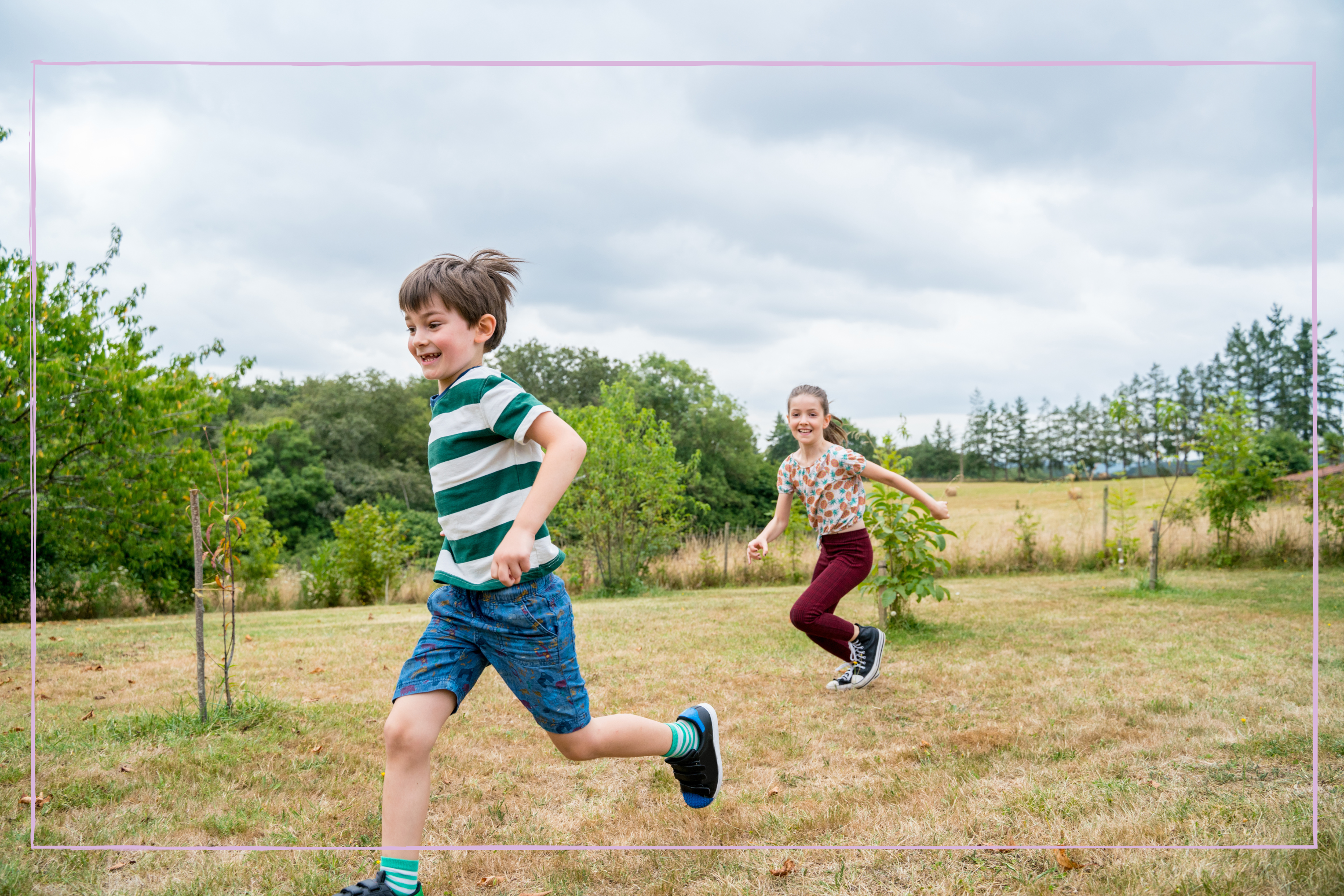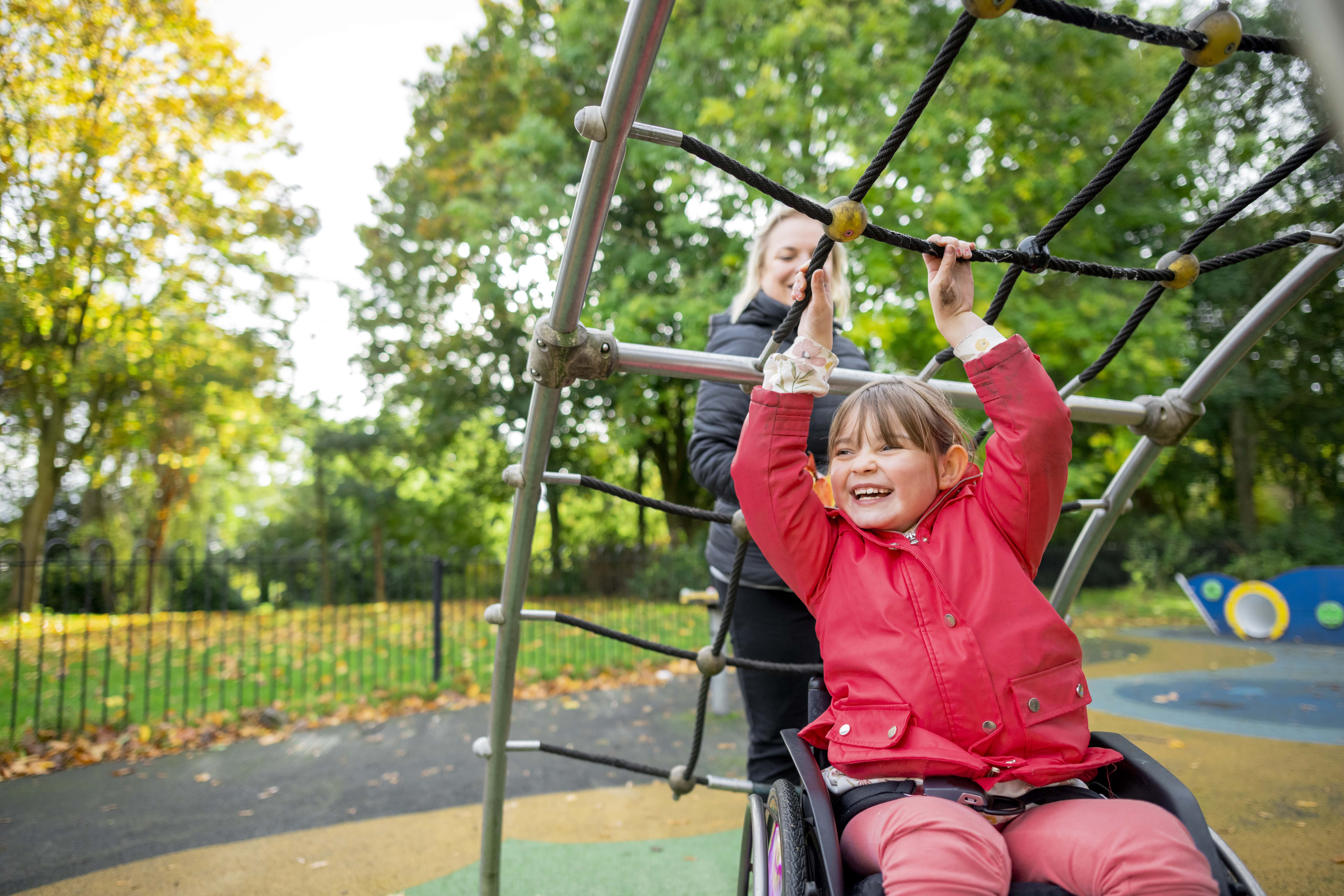No, your kid’s not 'naughty' they just need to move – 3 science-backed reasons why moving and getting outside is so good for them
Studies show that the more kids move around, the easier it is for them to stay focused, learn and use their brain power effectively


Ever wonder why some kids can’t sit still and seem to have an endless supply of energy?
You don’t need us to tell you that exercise for kids is incredibly important, but you might not know that kids actually crave things to do - like play outside, climb trees, jump in puddles, play fight with siblings and explore their surroundings by crawling into small spaces or racing to the park.
In fact, new data shows that kids aren’t moving enough. The Active Lives Children and Young People Survey found that fewer than half (47 per cent) of children are meeting the Chief Medical Officers’ guidelines of taking part in an average of 60 minutes or more of sport and physical activity a day. Youth Sport Trust Chief Executive Ali Oliver MBE said: "Daily movement is essential for physical and mental health, and play is fundamental for social development. Unhappy and unhealthy children do not learn, and this has consequences for education."
And while it can seem like 'disruptive' behaviour (and can get very annoying when you’re constantly saying, ‘stop tackling your brother’ or ‘don’t run off’), kids are actually designed to be on the go. Here are three reasons why moving and getting outside is so good for them.
3 science-backed reasons why exercise is good for kids
1. Exercise improves kids' behaviour
Regular exercise isn’t just great for encouraging kids to stay fit – it also improves their behaviour, including those who live with autism, ADHD, and anxiety and depression, according to research published in the Behavioural Brain Research journal. According to one study within the same research group, kids from kindergarten (around ages four and five) to 10th grade (15 to 16) who participated in exercise twice a week, saw major improvements in self-control and received fewer timeouts from their caregivers.
2. Exercise boosts kids' mental health

The conversation around children’s mental health is louder than ever, so it could help to know that getting kids outside and moving can do wonders for their mood. For example, one 2017 study found that moderate to vigorous physical activity at ages six and eight is linked to fewer symptoms of depression in middle childhood.
3. Exercise could help kids catch up at school
New research from Sheffield Hallam University also found that physical activity can help improve children’s schoolwork. The study, involving 60,000 students and 4,000 teachers, analysed how they feel about work, and their physical and mental health. It turned out, getting kids moving in school isn’t just for the benefit of their health, it’s a key player in helping them catch up on what they missed during the pandemic – and keeping their mental health in check.
Parenting advice, hot topics, best buys and family finance tips delivered straight to your inbox.
So, instead of thinking you have a ‘naughty’ child, consider letting them play outside (one of our best outdoor toys and games for kids should help) or plan a trip to the playground to meet those movement needs.
Find out more about the child development stages as they grow up and how to help a highly sensitive child go back to school.

From building healthy family relationships to self-care tips for mums and parenting trends - Daniella also covers postnatal workouts and exercises for kids. After gaining a Print Journalism BA Hons degree and NCTJ Diploma in Journalism at Nottingham Trent University, Daniella started writing for Health & Wellbeing and co-hosted the Walk to Wellbeing podcast. She has also written for Stylist, Natural Health, The Sun UK and Fit & Well. In her free time, Daniella loves to travel, try out new fitness classes and cook for family and friends.